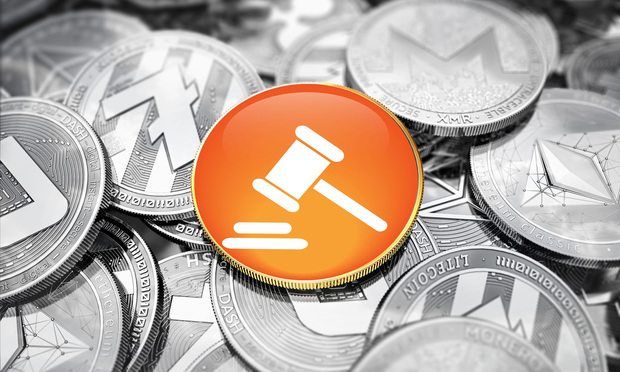Publisher: ALM Media
Photo illustration: Jason Doiy/ALM
It’s been a pretty busy year for countries looking to wrap their heads around virtual currency. While some are still in the process of weighing their pros and cons, others have put new regulations in place to help build consumer confidence and facilitate cryptocurrency exchanges. Here’s a look at some of the different approaches that governments around the world have taken to building frameworks for the future.
Malaysia: Malaysia is the most recent player to toss its hat into the cryptocurrency regulation game. Lim Guang Eng, Malaysia’s finance minister, announced that the country would be instituting regulations for cryptocurrency exchanges and initial coin offerings during his keynote speech at the 2018 SCxSC FinTech Conference. Like other countries that have launched similar efforts across the globe, Malaysia is attempting to use regulation to build confidence among investors and create new fundraising paths. The new rules are expected to be in place by the first quarter of 2019. Specifics are still unclear, but investors will be working under a framework established by the Bank Negara Malyasia and the Securities Commission.
Hong Kong: Hong Kong rolled out policies for its nascent cryptocurrency market in early November. Rather than constructing a new regulatory framework from scratch, Hong Kong’s approach attempts to fold firms that are already under the purview of its Securities and Futures Commission (SFC) into the existing order. Groups that invest more than 10 percent of their assets in virtual currencies to be licensed by the SFC and trading platforms may eventually enter a regulatory sandbox.The regulations were tailored to suit the country’s ambitions towards becoming a global cryptocurrency hub and allay the SFC’s growing concerns over consumer protection risks.
South Korea: While perhaps not quite as far along as Malaysia or Hong Kong, South Korea seems to be on the cusp of exploring some form of cryptocurrency regulation. The country is reportedly preparing to introduce regulations on initial coin offerings, which are presently banned outright. In November, the Korean Bar Association issued a press release asking the government to provide some clarity on cryptocurrency, citing consumer protection concerns related to threats such as hacking or money laundering. One of their suggestions was to invoke preexisting frameworks like the country’s Capital Market and Financial Investment Business Act in looking at initial coin offering tokens.
Australia: In April, the Australian Transaction Reports and Analysis Centre (AUSTRAC) instated new regulations for service providers of cryptocurrencies. All digital currency exchange providers now have to register with AUSTRAC and meet a series of government compliance and reporting obligations. Nicole Rose, AUSTRAC’s CEO, said in a press release that the new regulations would strengthen the agency’s compliance and intelligence capabilities and mitigate the risk of cybercrime, money laundering or terrorist financing.
Malta: Malta established regulations surrounding the issuance of initial coin offerings and other virtual currency earlier this year under its Virtual Financial Assets Act. Among other things, the framework sets parameters for an issuer’s offering of a virtual financial asset to the public and the application process for trading on a distributed ledger technology exchange. On a separate but related note, the Malta Digital Innovation Authority was also established to oversee the creation and enforcement of future policies related cryptocurrency.

